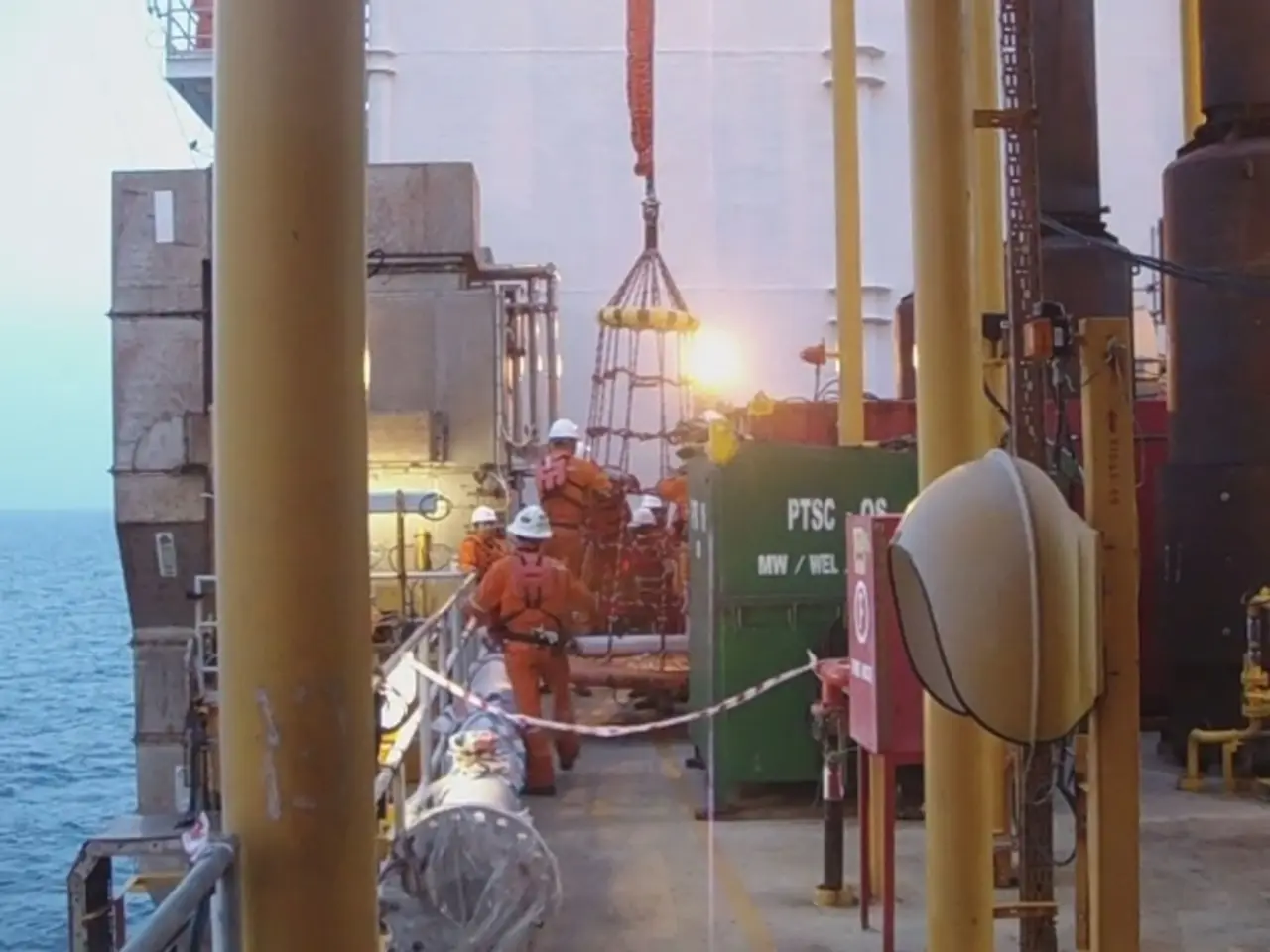Evolution in Braking Systems: The Impact of Magnetic Brakes on Industry Guidelines
In the ever-evolving landscape of industrial machinery, magnetic brakes are emerging as a game-changer, offering unparalleled benefits in efficiency, safety, and sustainability compared to traditional mechanical brakes.
Magnetic brakes excel in energy consumption, making them a practical choice for businesses seeking cost-effective solutions. By allowing for finely adjustable and linear torque control via magnetic shear, these brakes reduce unnecessary energy loss, especially important in high-speed and sensitive processes such as battery manufacturing, medical coatings, or film processing. The electromagnetic braking systems in vehicles, for instance, allow for more precise brake application and integration with systems like regenerative braking and stability control.
The operational advantages of magnetic brakes are equally impressive. With faster response times and higher control precision, these brakes enable real-time torque adjustments that outperform traditional friction brakes in dynamic, repetitive start-stop cycles. This is crucial in automation-heavy industries requiring constant tension control and speed regulation.
Lower maintenance needs due to fewer moving mechanical parts is another significant advantage of magnetic brake systems. Magnetic brake systems, including electromechanical brakes (EMB), have fewer physical components subject to wear, resulting in reduced maintenance intervals and risk of failure. For example, maglev systems, which eliminate contact wear entirely, drastically lower upkeep costs.
Enhanced durability and integration with energy recovery systems further underscore the sustainability benefits of magnetic brakes. The reduced wear and higher precision in magnetic braking extend component lifespans and lower waste from parts replacement. In automotive applications, EMB systems enable integration with regenerative energy systems, improving overall energy recovery and reducing carbon footprint.
While magnetic brakes are not a suitable solution for all types of machinery, they are a practical choice for businesses seeking cost-effective, energy-efficient, and low-maintenance solutions. Some emerging trends in magnetic brake systems include advancements in wear resistance and energy recovery technologies.
The adoption of magnetic brakes also simplifies maintenance processes, ensuring smooth operations and reduced downtime. Moreover, magnetic brakes create a safer work environment by mitigating risks and preventing accidents.
In conclusion, magnetic brakes are designed to revolutionize the performance and safety of industrial machinery, offering superior efficiency and precision, lower maintenance, and better integration with sustainable technologies. By reducing energy usage, lowering carbon footprints, and saving costs, magnetic brakes are set to play a pivotal role in shaping the future of industrial operations.
Magnetic brakes, with their energy-efficient properties, are particularly beneficial in finance-sensitive industries such as battery manufacturing and film processing, where reduced energy loss can significantly impact the bottom line. Additionally, the advancements in technology within magnetic brake systems, including wear resistance and energy recovery technologies, promise to further optimize the finance and sustainability aspects of these brakes in the future.




